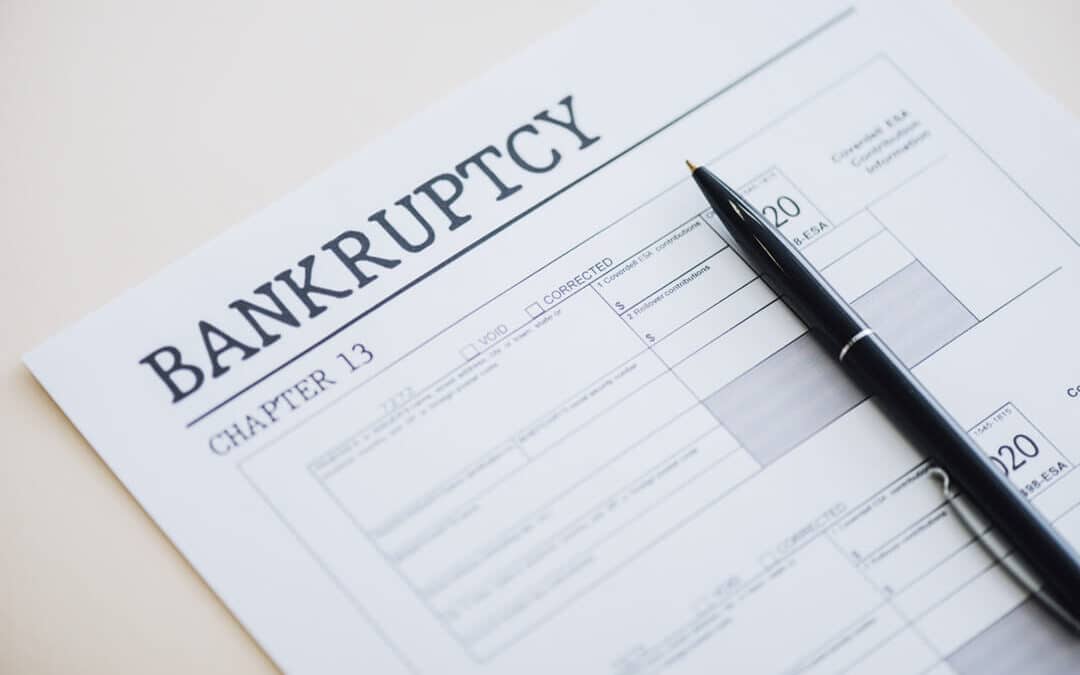Being in debt can feel overwhelming, especially when it’s combined with other financial difficulties. When you have too much debt, it can make it difficult to manage your money and afford the necessary living expenses.
Chapter 13 bankruptcy is one way that could help you get your finances back on track. It could allow you to keep your home, car, and other assets while restructuring your debt. If you’re thinking about filing bankruptcy, it’s a good idea to learn as much as possible. This post covers the basics of Chapter 13 bankruptcy in Alabama.
What is Chapter 13 Bankruptcy?
Chapter 13 bankruptcy is a type of bankruptcy that assists you with paying off all or most of your debt over a three-to-five-year period. You or your legal representative would work with the bankruptcy court to bring your debts in line with your income so you can pay them. You will create a bankruptcy repayment plan that outlines your plan to repay your creditors within three to five years.How much you have to repay depends on how many secured debts, limited by collateral you have; as well as how much debt is going against your income and assets (like houses) and living expenses
The court will approve your plan if it meets certain requirements, such as being feasible and in the best interest of creditors.If approved, you would then make monthly or biweekly payments to your court-appointed trustee. The trustee acts as a disbursing agency, collecting your payments and making distributions to your creditors per the plan.
You may pay less than what you owe on unsecured debts, sometimes pennies on the dollar,if the creditor did not successfully attest to the repayment plan before court approval. Once youcomplete payments through the repayment plan, the court would discharge the rest of your debts and you could begin your financial fresh start.
Who Can File Chapter 13 Bankruptcy in Alabama?
To file for Chapter 13 bankruptcy in Alabama, you must meet certain requirements:
You are an individual, not a business.Chapter 13 bankruptcy is meant to help individuals, not businesses. Although debts related to one’s own sole proprietorship business can be included in a Chapter 13 bankruptcy. Businesses needing to file bankruptcy do so under Chapter 11 or Chapter 7 bankruptcy.
You are up-to-date on tax filings.When filing for Chapter 13 bankruptcy, you must provide records showing you have filed federal taxes for the previous four years.
Your debt amount is within Chapter 13 bankruptcy limitations.You must have less than $2,750,000 of combined secured and unsecured debt.
You work and have enough disposable income to pay the proposed monthly payment to the bankruptcy court.Your Alabama Chapter 13 plan payments depend on your financial situation. You will have to show the bankruptcy court that you will have enough disposable income each month to make your required payment plans to the bankruptcy court. Disposable income is the amount of income you have left after paying for court-approved living expenses, any priority debts such as child support, and any payments on secured debts you owe, such as a mortgage or car payment.
Alabama Chapter 13 Bankruptcy Laws
In bankruptcy, there are special laws called exemptionsthat exist to protect your property from being sold for the benefit of paying your debt to unsecured creditors. To protect your property, you have to claim the exemption that protects each type of property you are concerned about when filing for bankruptcy.
Exemption laws exist at both the federal and state levels. However, when filing Chapter 13 bankruptcy in Alabama, you can only use the state-level exemptions.
Here is a list of the most commonly used Alabama bankruptcy exemptions. The exemption amounts are subject to change every three years. The amounts listed below come from changes made on April 1, 2021.
Homestead: Alabama allows you to protect up to $16,450 equity in your home. You can have a residence as a mobile home, a house, or other similar dwellings on 160 acres.
Wildcard: With some exceptions, you could use the wildcard exemption to protect any type of property. Alabama does not have an exemption specifically for protecting motor vehicles, so the wildcard exemption could be used to protect your vehicle. The wildcard in Alabama lets you protect personal property for up to $8,225. It cannot be used for wages, salaries, or any other compensation.
Personal Property: All personal items are exempt, such as clothing, photos, and books for you or your loved ones. Any burial plot or policy, as well as life insurance policies,for you are exempt.
Income and Wages: 75% of the wage or 30x the federal minimum wage.
Retirement Benefits and Accounts: Most retirement accounts are eligible for exemption. This includes IRAs, State Employees Retirement accounts, and Teacher Retirement.
Getting Help Filing Chapter 13 Bankruptcy in Alabama
While you can file for Chapter 13 bankruptcy on your own, it’s often best to hire a bankruptcy lawyer to help guide you through the process. Filing for bankruptcy can be complicated and can require a lot of time and effort to complete. An experienced bankruptcy attorney can help you file the petition and attend the court hearing. They can also help you navigate the bankruptcy process and answer questions you might have throughout the process.
The bankruptcy attorneys at Brock & Stout have over 27 years of experience helping clients get their financial life back on track through Chapter 13 bankruptcy. Reach out to us for a free evaluation of your financial situation and let us determine if we can help you do the same thing.

